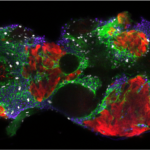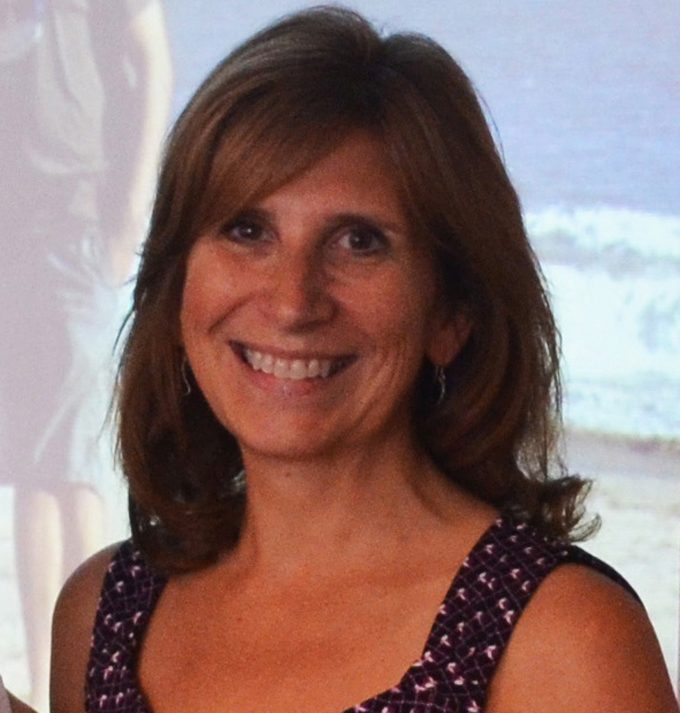Friday 30th September — at 12.00 pm — Salle Monod (Bât.66)
Invited Speaker : Professor Denise Montell
From Molecular, Cellular and Developmental Biology – University of California
Hosted by Philippe Herbomel
Abstract : My lab studies how cells build and maintain normal adult tissues. One aspect of this is maintaining the proper balance between proliferation and cell death. Apoptosis is a programmed form of cell suicide that is conserved in all multicellular organisms and functions to remove excessive or damaged cells during development and stress. Excessive apoptosis contributes to degenerative diseases, whereas inappropriate inhibition of apoptosis can cause cancer or autoimmune disease. Activation of executioner caspases is a critical step and until recently, has been considered the point of no return. New work demonstrates that under some circumstances cells can survive caspase activation in a process we named anastasis. I will describe the physiological significance of this survival pathway and insights into the underlying molecular mechanisms. Another normal cell behavior that is coopted by tumor cells is collective cell migration. We have developed a simple model to study the mechanisms of collective cell migration in vivo using genetics and live imaging. Some collective cell migration mechanisms differ from those of single cells. For example E-cadherin plays three distinct positive roles in promoting collective cell migration.


